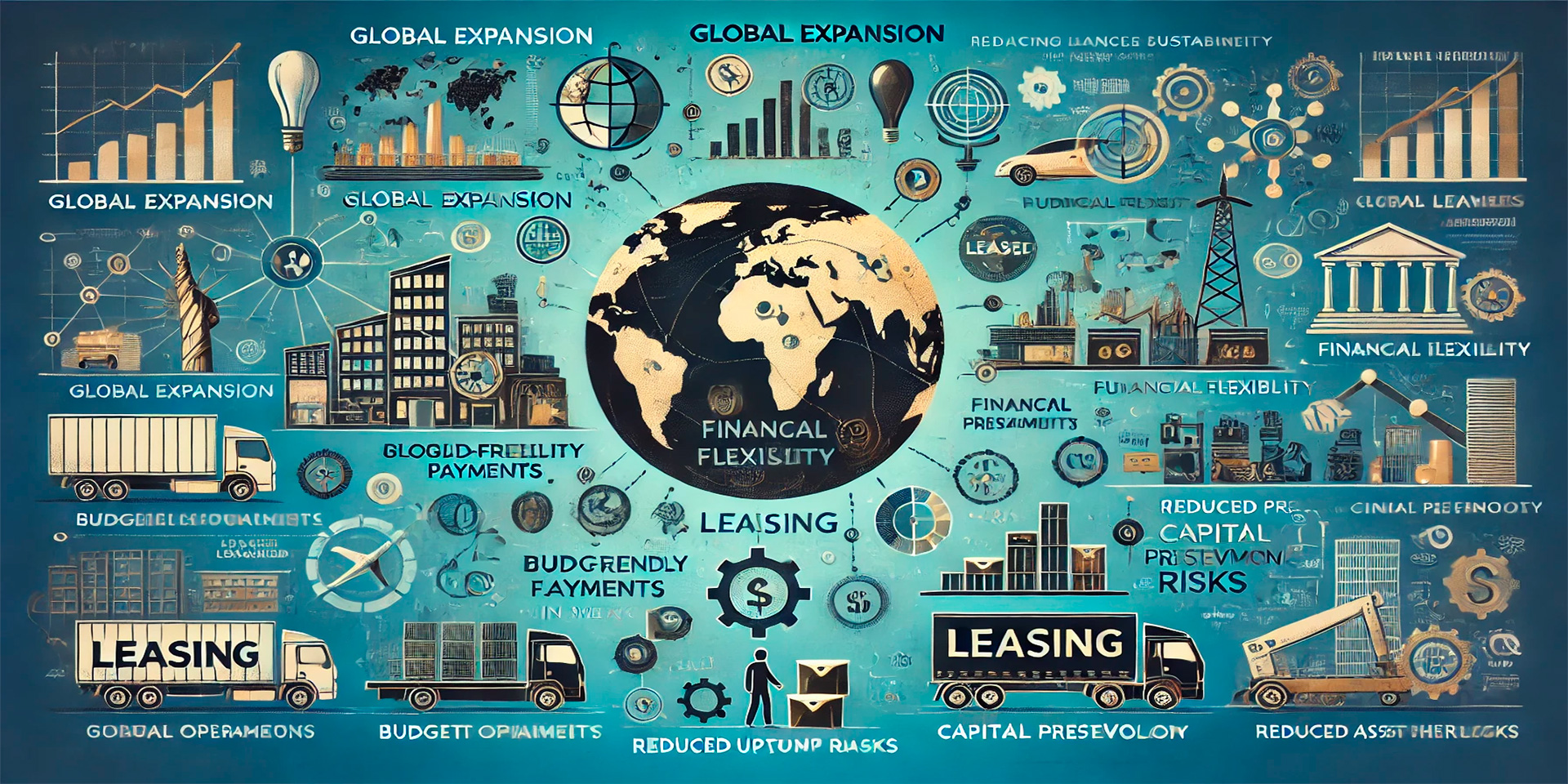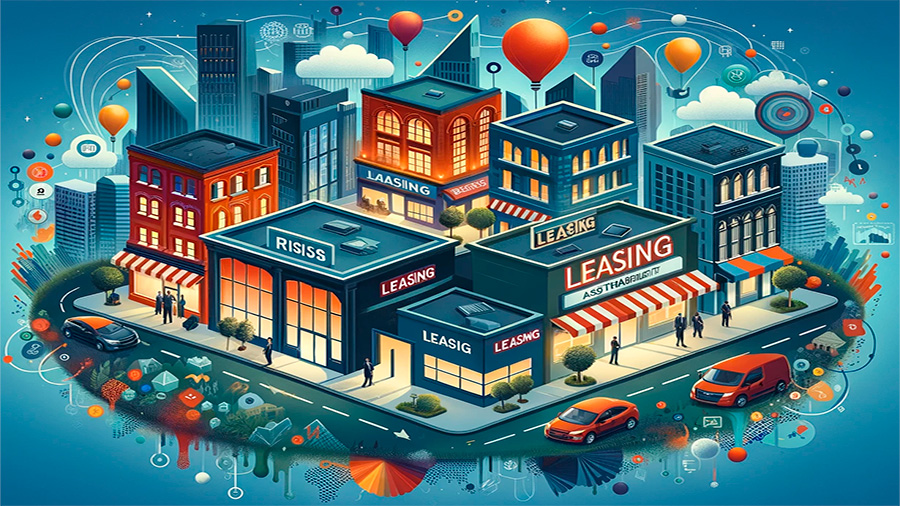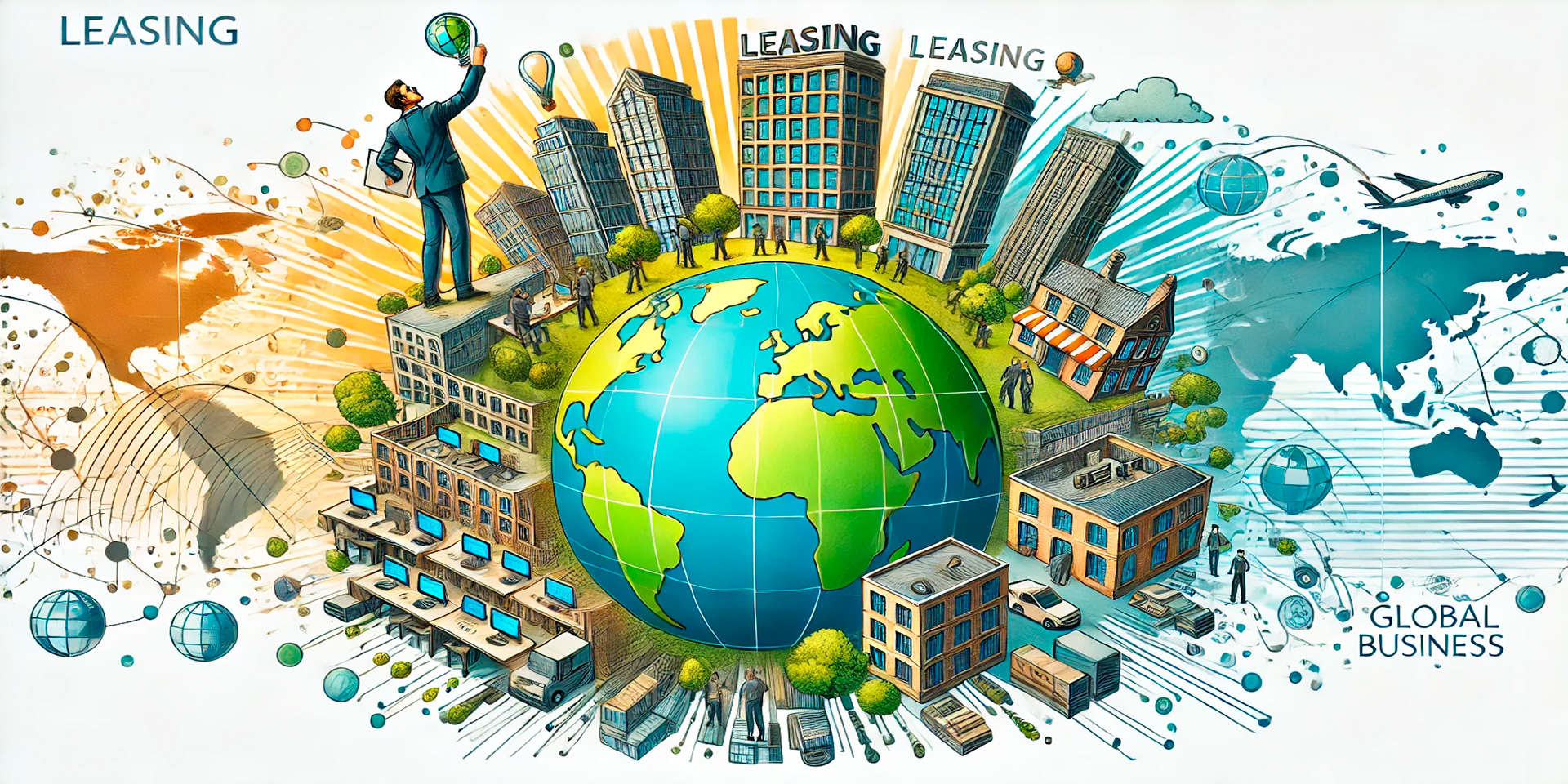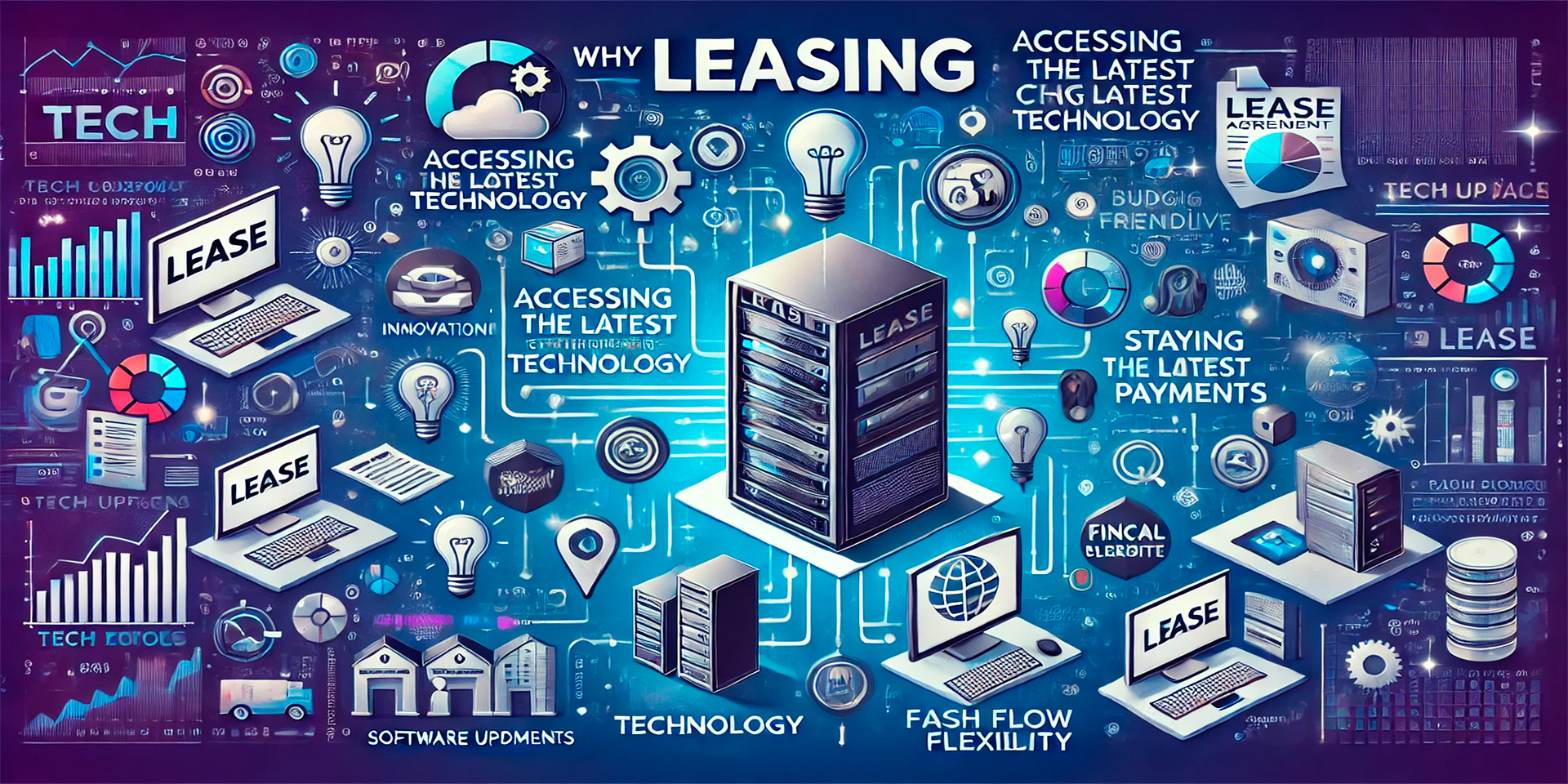
How Leasing Empowers Global Companies to Expand Efficiently
Global companies seeking to expand their operations often face the challenge of balancing growth with financial sustainability. Leasing provides a strategic solution, offering the flexibility to scale internationally without the heavy financial burdens of purchasing assets outright. By leasing equipment, vehicles, and real estate, global businesses can expand more quickly and efficiently, while maintaining financial stability and preserving capital for other essential investments.
Leasing is particularly advantageous for multinational corporations that need to adapt rapidly to new markets, stay current with technology, and reduce the risks associated with asset ownership. The ability to access the resources needed for expansion without significant upfront costs makes leasing an appealing option for companies looking to expand globally.
Flexible Expansion Across International Markets
One of the key benefits of leasing for global companies is the flexibility it provides in entering and scaling across international markets. Leasing allows businesses to acquire the necessary infrastructure and equipment without the long-term commitment of purchasing. This is especially important for companies that are testing new markets or navigating uncertain economic environments where long-term investments may be risky.
For example, a global company looking to enter a new market may lease office space, machinery, or vehicles for its initial operations. This reduces the financial risk while the company assesses the market’s potential. If the market proves successful, the business can choose to extend the lease or upgrade to newer assets as it grows. If the market does not meet expectations, the company can scale back its operations without being saddled with owned assets.
Leasing also simplifies the process of adjusting to local regulations and business environments, as it allows companies to adapt their operational needs more quickly. Global companies can lease equipment that meets local standards and upgrade as needed without the complications of disposing of purchased assets that may not comply with international regulations.

Preserving Capital for Growth Initiatives
Leasing allows global companies to preserve capital, which can be reinvested into other critical areas of growth, such as research and development, marketing, or talent acquisition. The ability to avoid large upfront purchases means companies can maintain healthier cash flow, which is essential when expanding into new markets or scaling operations across multiple regions.
When expanding internationally, the cost of purchasing equipment, real estate, or technology outright can be a major financial burden, especially when businesses are already managing the complexities of entering new markets. Leasing mitigates this burden by spreading the cost of the assets over time, allowing businesses to better manage their expenses and allocate funds to other strategic growth initiatives.
For instance, a multinational company that leases its IT infrastructure can allocate the capital saved from not purchasing servers to expanding its workforce or developing new products tailored to the needs of local markets. This more efficient use of resources allows the company to grow more quickly without compromising financial stability.
Staying Current with Technology
In industries where technology plays a critical role, leasing ensures that global companies have access to the latest equipment without being locked into outdated technology. Leasing agreements often include provisions for upgrading or replacing assets at the end of the lease term, allowing companies to stay competitive in a rapidly evolving market.
For example, a global manufacturing company that leases industrial machinery can regularly upgrade its equipment to take advantage of the latest advancements in automation and efficiency. This not only improves productivity but also keeps the company at the forefront of technological innovation without the financial burden of purchasing new machinery every few years.
The same principle applies to other technology-dependent sectors, such as logistics, healthcare, and information technology. Leasing provides the flexibility to scale up with cutting-edge tools as the company grows, ensuring that operations remain efficient and competitive on a global scale.

Mitigating Risk in Uncertain Markets
Expanding into international markets comes with inherent risks, including economic instability, political uncertainty, and fluctuating demand. Leasing helps global companies mitigate these risks by reducing the financial exposure associated with asset ownership. In volatile markets, owning assets such as real estate or equipment can be risky, as businesses may struggle to sell or dispose of assets if they need to exit the market quickly.
Leasing offers a way to minimize this risk. If market conditions change or the business strategy shifts, companies can return leased assets at the end of the lease term without the financial losses associated with trying to sell owned assets. This flexibility allows companies to adapt to changing conditions more easily and scale their operations in response to market demand without being tied to long-term ownership.
For example, a global retail company expanding into an emerging market may lease storefronts rather than purchasing them. This approach allows the company to scale its operations based on demand without the financial risk of owning real estate in an unpredictable economic climate. If the market becomes less favorable, the company can exit without significant financial loss.
Managing Costs and Enhancing Cash Flow
Leasing helps global companies manage costs by turning large, upfront expenses into predictable, manageable payments. This predictability is particularly valuable when operating in multiple international markets, where currency fluctuations, taxes, and local economic conditions can impact financial planning.
By leasing assets, companies can budget more effectively, knowing exactly what their monthly or quarterly payments will be. This stability allows for better financial forecasting and ensures that cash flow remains steady, even as the business expands. Additionally, leasing often includes maintenance and service agreements, which help businesses avoid unexpected repair costs and reduce operational downtime.
For companies operating in diverse markets, the ability to manage cash flow consistently across regions is a major advantage. Leasing provides a way to balance the costs of expansion while ensuring that financial resources are available to support ongoing growth and innovation.
Tax Benefits of Leasing for Global Companies
Leasing can also offer tax advantages for global companies, depending on the markets they operate in. In many cases, lease payments are treated as operating expenses and can be deducted from taxable income. This can lower a company’s overall tax liability, making leasing an even more attractive option compared to purchasing, where only depreciation and interest payments are typically deductible.
The tax benefits of leasing can vary based on local regulations and tax codes, so it’s important for global companies to work with tax advisors to maximize the financial benefits of leasing. By taking advantage of leasing’s tax benefits, companies can further improve their cash flow and reduce the overall cost of expansion.
Conclusion
Leasing is a powerful tool for global companies looking to expand their operations without the financial burden of purchasing assets outright. By offering flexibility, preserving capital, and providing access to the latest technology, leasing allows businesses to scale efficiently and adapt to changing market conditions. Whether entering new international markets or upgrading technology across multiple regions, leasing offers global companies the strategic advantage they need to grow and succeed on a global scale.



